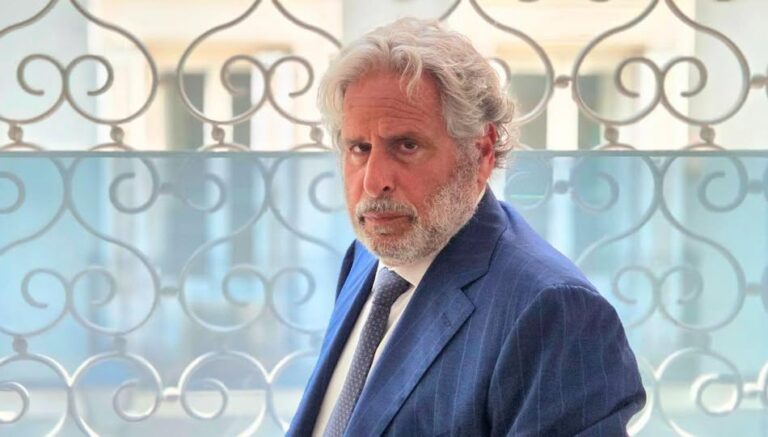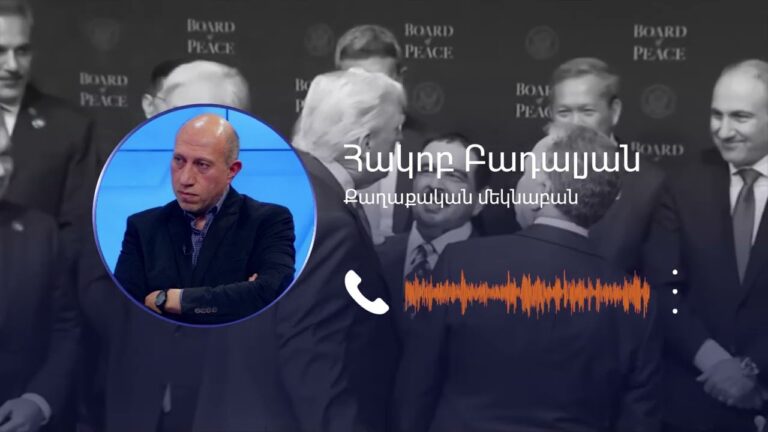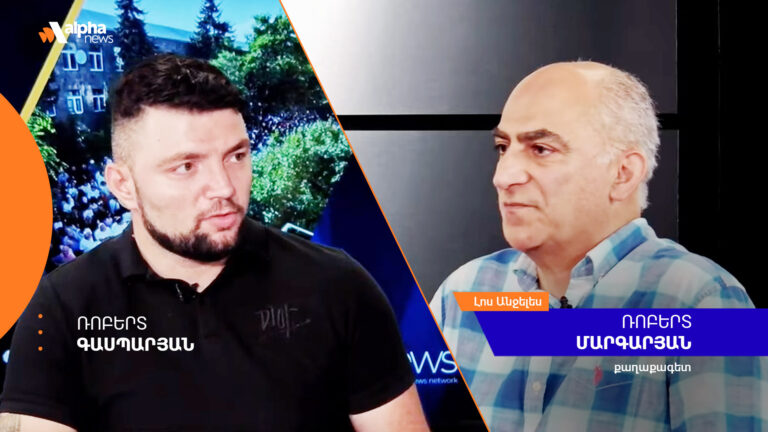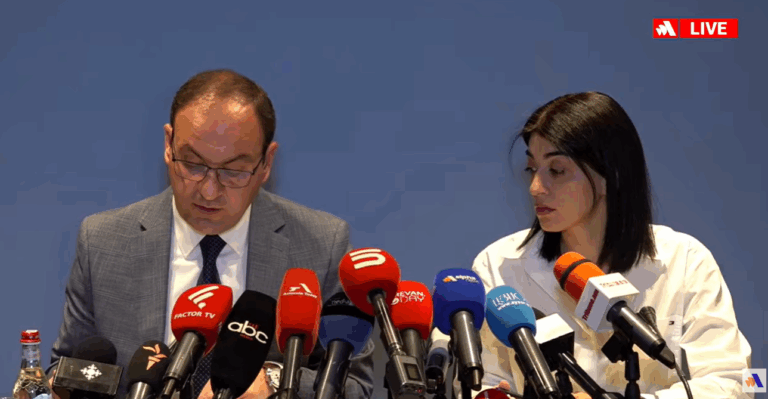Dmitry Suslov: Russia’s prospects in the South Caucasus will depend on the outcome of the special military operation in Ukraine
Speaking with Alpha News, Russian political scientist Dmitry Suslov commented on the Armenian-Azerbaijani peace process, the aggravation of relations between Azerbaijan and the EU, Russia’s prospects in the South Caucasus, and Russian peacekeepers in Artsakh.
According to the expert, there are two obstacles that prevent the parties from signing a peace treaty: the venue for signing and issues of transport communications.
“It is unlikely that this agreement will be signed in the very near future, but in the future there are serious prerequisites for completing this process. There are two main obstacles. The first is where to sign this agreement, since Armenia is striving to sign it on any of the Western platforms, while Azerbaijan and Russia believe that the agreement should be signed in Moscow.
The second obstacle is transport communications, since there are serious disagreements about where, how, and under what conditions these transport communications should take place—first of all, communication between the main territory of Azerbaijan and the Nakhichevan Autonomous Republic. On this issue, we see that, unfortunately, the Armenian position opposes the position of Russia and Azerbaijan because Russia and Azerbaijan, especially Russia, rely on the text of the trilateral statement of November 9, 2020. Armenia offers a new option, but so far it does not appeal to Azerbaijan. It seems to me that until these two issues are resolved, we cannot talk about signing an agreement,” Suslov said.
According to the expert, there is an aggravation in Azerbaijan’s relations with the European Union in political rhetoric, while nothing has changed in intensive trade and economy.
“The European Union is not going to apply any sanctions against Azerbaijan. The EU simply cannot afford to abandon Azerbaijani gas at the moment. The EU’s trade and economic relations with Azerbaijan will remain quite intense. Azerbaijan is well aware that the European Union is unlikely to take serious measures against it. At the same time, Azerbaijan can afford to take a rather tough position on political issues with regard to the EU and understands that the EU will, in any case, accept the reality created by Azerbaijan’s military actions. I mean Azerbaijan’s full control over Nagorno-Karabakh,” Suslov said.
According to the expert, Russia’s prospects in the South Caucasus will largely depend on the outcome of the special operation in Ukraine.
“Everything depends on how, when, and under what conditions it will end, whether Russia will win and how exactly Russia will emerge victorious from this process, how it will affect Western policy towards Russia and post-Soviet countries, and so on. As long as the acute military conflict in Ukraine continues, we will see both indirect struggle and war in the South Caucasus. Russia, of course, cannot throw all its forces into the South Caucasus, but this does not mean that Russia will take the position of an outside observer. Russia simply proceeds from the realities that exist today. Russia does not want to further aggravate relations with anyone, including Armenia,” Suslov stressed.
The expert noted that the issue of extending the presence of Russian peacekeepers in Karabakh will be resolved in a bilateral format between official Baku and Moscow.
“Armenia has agreed that Nagorno-Karabakh is a sovereign part of Azerbaijan. Accordingly, if this is an integral part of Azerbaijan, it is necessary to discuss with Azerbaijan the process of further deployment of Russian peacekeepers. Russia would like these peacekeepers to remain on the territory of Nagorno-Karabakh. This is certainly part of Russia’s direct presence on the ground.
As long as Azerbaijan maintains a non-hostile position on this issue, Russian peacekeepers will definitely remain on the territory of Nagorno-Karabakh until the expiration of the mandate in 2025. We are already negotiating to stay after 2025. But this will largely depend on whether there will be an Armenian population in the territory of Nagorno-Karabakh at all. If none of the Armenians return and Nagorno-Karabakh is simply gradually populated by Azerbaijanis, there will be less reason to keep the Russian peacekeeping mission,” Suslov concluded.







